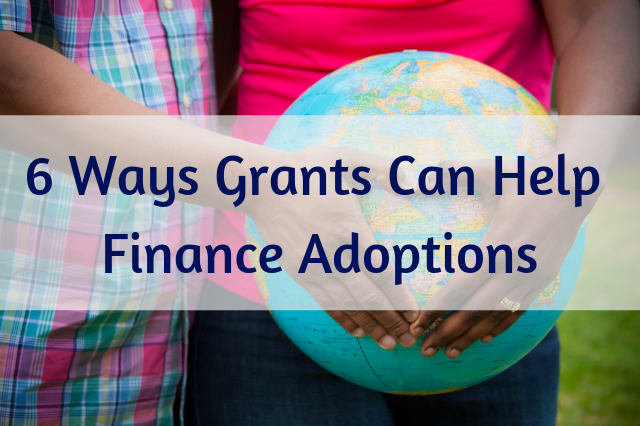
It does not matter the quantity of your donation, what matters is that your donation will ultimately make a significant difference. You do not necessarily have to benefit from your donation but in some cases, you will be surprised to find out you are reaping the fruits of your own generosity. Here are some positive impacts of giving.
It Brings More Pleasure.
When you give, it brings more pleasure to you. Recent research studies show that when you give, your brain depicts the same characteristics as when you are eating something sweet or when you are having sex. This means the middle region of your brain is lit. This is the same area responsible for the cravings you experience on the things you like e.g. food etc. Simply, just donating makes you have a good feeling and this is something you can draw benefits from.
Makes Your Life More Meaningful.
When you give to charity you bring more meaning to your life in the sense that, in the process of giving you get to meet new people. You interact with people who believe in the same cause as you. As a matter of fact, this will inspire you. Your life will no longer be that boring but instead, you will have something rejuvenating you from time to time.
Improve Money Management.
When you give you to improve your personal management of money. When you set a particular amount of money to donate each month week or year, you will be able to give more attention to your money there for improving your management. This will make you not to default in the donation. This is a motivation to put more attention to your finances.
Promote Generosity.
When you give, you actually promote the virtue of generosity, especially to your children. Of course, you know your children look up to you as a role model. So when they see you giving to charity, it is a good sign to the young ones. Make sure anytime you give, the kid is there seeing what you are doing. This is a seed you are planting in the kid so in future you are sure they will do the same.
However, don’t make it look like a show-off or brag. Ensure that the minor interprets the deed as voluntary and that you did it willingly with a humble heart. Giving is a good deed so it should not come out boastful. There should be generosity and love when you give.
A source of Motivation.
Quite surprisingly giving can be a source of motivation not only to you but also to the friends and family. According to Julie Queler when you give, you motivate your friends and family to do the same. So your giving actually has a positive impact on society.
Tax Deduction.
When you give to approved organization your donations are written off on your tax returns. However, some restrictions are applicable. Donating your money for a good cause can get your tax money reduced.
Helping Others in Need.
According to Julie Queler, the fact is that is that at any point in life there must be people in need. Even though you might be experiencing challenges in your finances, there is always a person in a worse situation than you. Therefore giving helps somebody else survive the harsh economic times we are living in.
In conclusion, giving to charity appears to be like a global good act for the poor. However, giving can be good for you too as we have seen. So start giving today and if you have been doing so keep up the good work.




